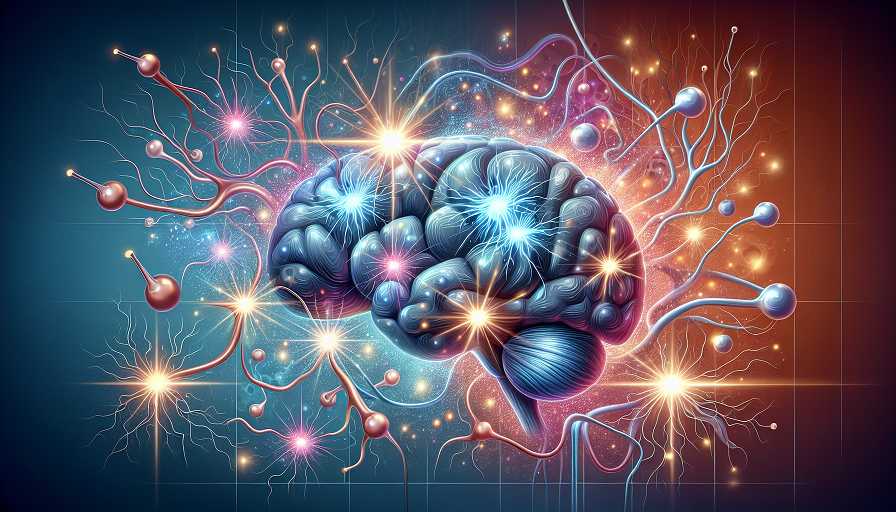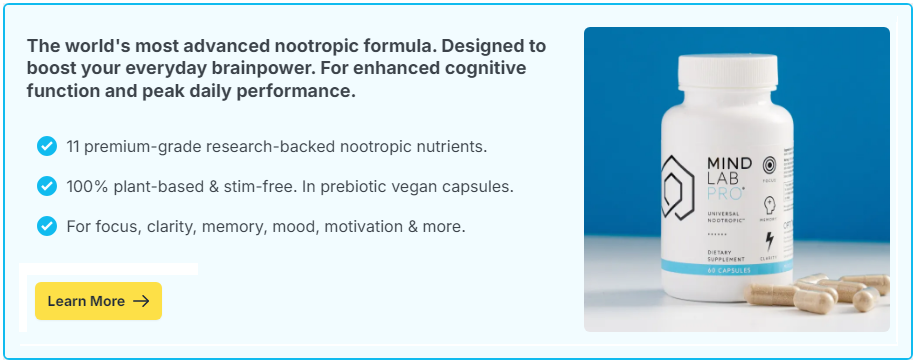
Ever wake up feeling foggy and forgetful? That’s because sleep is like a nightly reset button for your brain. While your body rests, your brain is busy consolidating memories, clearing toxins, and strengthening neural connections.
Not getting enough quality sleep? You might be harming your brain more than you think. Here are 6 surprising ways sleep impacts your brain—and why you should start prioritizing those Zzzs.
Contents
1. Sleep Cleanses Your Brain of Toxins
Why it matters: While you sleep, your brain flushes out harmful waste products that accumulate during the day, including beta-amyloid plaques linked to Alzheimer’s disease.
How to improve it: Prioritize deep sleep by maintaining a consistent bedtime, avoiding late-night caffeine, and keeping your bedroom cool and dark.
2. Sleep Strengthens Your Memory
Why it matters: Your brain consolidates and organizes memories during sleep, helping you retain new information more effectively.
How to improve it: If you’re studying or learning something new, get at least 7–9 hours of sleep to boost retention and recall.
3. Poor Sleep Increases Brain Fog and Slows Thinking
Why it matters: Lack of sleep affects the prefrontal cortex, making it harder to concentrate, process information, and solve problems.
How to improve it: Create a relaxing nighttime routine—try reading, deep breathing, or meditation before bed to signal your brain that it’s time to wind down.
4. Sleep Regulates Emotional Stability
Why it matters: Ever feel extra irritable or anxious after a sleepless night? That’s because poor sleep disrupts emotional regulation and increases stress hormone levels.
How to improve it: Practice good sleep hygiene by avoiding screens before bed, as blue light disrupts melatonin production and interferes with deep sleep.
5. Lack of Sleep Increases the Risk of Neurodegenerative Diseases
Why it matters: Chronic sleep deprivation has been linked to a higher risk of Alzheimer’s, Parkinson’s, and other neurodegenerative diseases.
How to improve it: Make sleep a priority. If you struggle with sleep, consider natural sleep aids like magnesium, melatonin, or calming herbal teas.
6. Sleep Boosts Creativity and Problem-Solving Skills
Why it matters: Your brain processes information in new ways while you sleep, often leading to creative insights and better decision-making.
How to improve it: If you’re stuck on a problem, try “sleeping on it.” Your brain might find the solution overnight!
Interested in more brain health listicles? Go HERE

